Advertisement
On April 10, 2025, OpenAI released a significant memory upgrade to ChatGPT that changed it from a session-only chatbot to a more personalized AI assistant. ChatGPT can now recall information between sessions in two ways with this upgrade: through saved memories that users deliberately opt to store and through conversation history, where it automatically draws upon previous talk to provide more customized responses. Originally launched to Plus and Pro subscribers outside of the EEA, the feature has now been rolled out to everyone, including free account holders. This memory boost is dramatically increasing long-term productivity and building a more personalized user experience by enabling ChatGPT to remember preferences, ongoing works, and critical information over time.

ChatGPT's improved memory operates by two different mechanisms. Firstly, stored memories are information you deliberately tell it to remember—such as your eating habits or how you write. Secondly, the reference chat history model naturally references relevant context from past conversations, so it doesn't have to ask you to repeat something. These complement each other to provide richer conversations, more tailored responses, and fewer manual repetitions. You can control them through settings, look at them, edit them, or delete them as desired.
Main Points:
Beginning June 3, 2025, OpenAI made expanded memory available to all users—with tier-based variations. Free users now have short-term memory recall, referencing recent conversations for short-term continuity. Plus/Pro users have full memory features, including deeper, long-term memory and increased memory capacity. Plus and Pro also received a ~25% increase in memory capacity, which better retains context, particularly over long conversations.
Key Points:
This memory update is a significant leap forward. You don't have to keep repeating your preferences or project details for each session. Instead, ChatGPT retains them, ensuring the advice is more consistent and efficient. It retains profile information, style, current projects, and even dietary requirements—resulting in smoother, more tailored interactions. The outcome is a more productive writing assistant, problem-solver, brainstormer, or long-term task manager.
Key Points:
Despite the memory improvement, OpenAI keeps users in control. Both memory types can be toggled on or off through Settings > Personalization. Temporary Chat is another option—perfect for privacy-concerned conversations because it doesn't refer to or save memories. Users can manually review, edit, or delete individual memories. Deleted memories might linger for a short time for audit reasons. These controls offer detailed controls for balancing personalization with privacy.
Key Points:
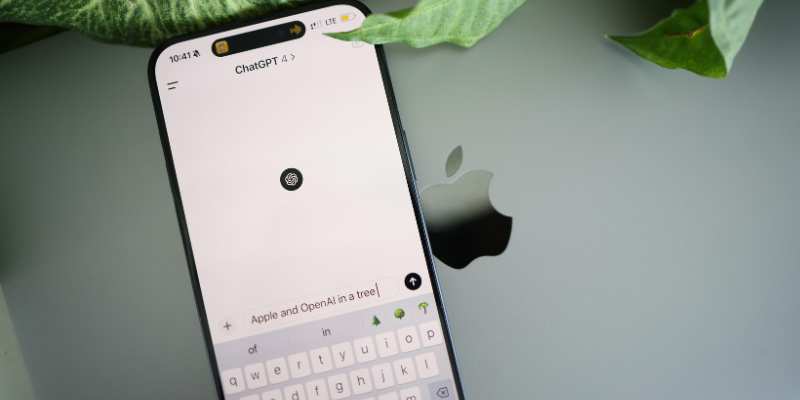
Although it helps to create continuity, memory also presents potential hazards. When sensitive or untrue information is recalled, privacy issues arise, necessitating meticulous correction. Due to strict regulations, memory availability varies by region, particularly in the EEA, the UK, and Switzerland. Moreover, even with greater capacity, artificial intelligence can occasionally misread prior information or forget vital context. Additionally, raising ethical issues is a concern related to anthropomorphism — where consumers treat artificial intelligence as if it were a human friend.
Fundamental Ideas:
To get the most out of this feature, explicitly decide what ChatGPT should remember—preferences, current goals, or writing rules. Periodically review and trim memories through the Settings. Use Temporary Chats for single questions or when privacy is a concern. For multi-step projects, utilize memory to draw on previous work, but be cautious of misused carryover. This method keeps pertinent, effective, and secure AI interactions.
Key Points:
Before the memory refresh, ChatGPT existed in the session-based isolation—it could only retain what was discussed in that one conversation. When you closed the conversation, all context was erased. This required users to repeatedly explain the preferences, project information, or writing style with each new discussion. The 2025 memory version, however, enables ChatGPT to retain essential details across conversations, providing a more natural, personal, and streamlined experience. The new memory function makes ChatGPT software that is more like an intelligent, long-term aide than an ordinary chatbot. This enhancement greatly enhances user satisfaction and workflow efficiency.
Key Points
OpenAI's 2025 memory upgrade for ChatGPT marks a significant move toward making AI feel more like a dependable, growing assistant. By retaining user-driven and chat context data across sessions, ChatGPT now provides more seamless and tailored interactions. The update benefits all users, with tiered memory depth fitting each subscription level. With strong privacy controls and considerate usage habits, this system enhances user experience without ever compromising control. Ultimately, this memory feature is a milestone moment—transitioning from isolated Chat to long‑term collaboration in the AI.
Advertisement
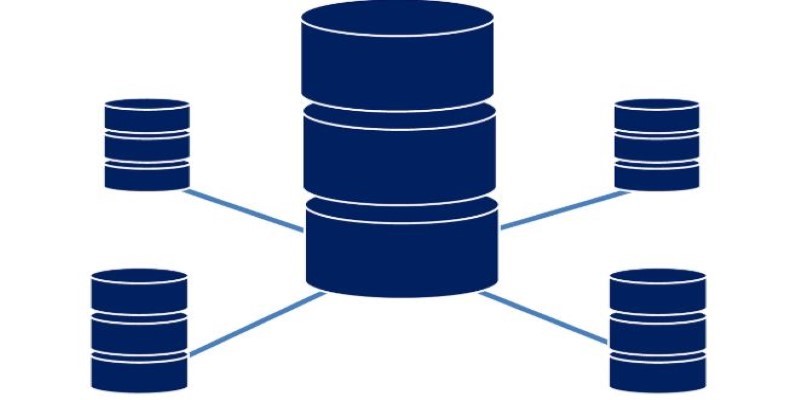
How interacting with remote databases works when using PostgreSQL and DBAPIs. Understand connection setup, query handling, security, and performance best practices for a smooth experience
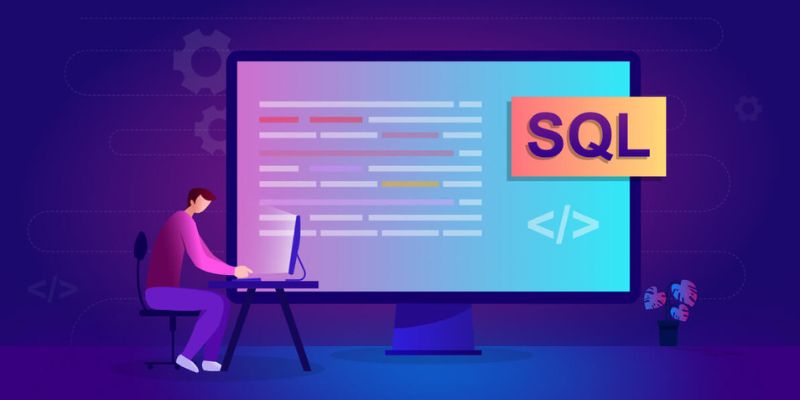
Learn how advanced SQL techniques like full-text search, JSON functions, and regex make it possible to handle unstructured data

How computer vision starts with low-level vision tasks like edge detection, denoising, and motion analysis—laying the foundation for higher-level visual understanding
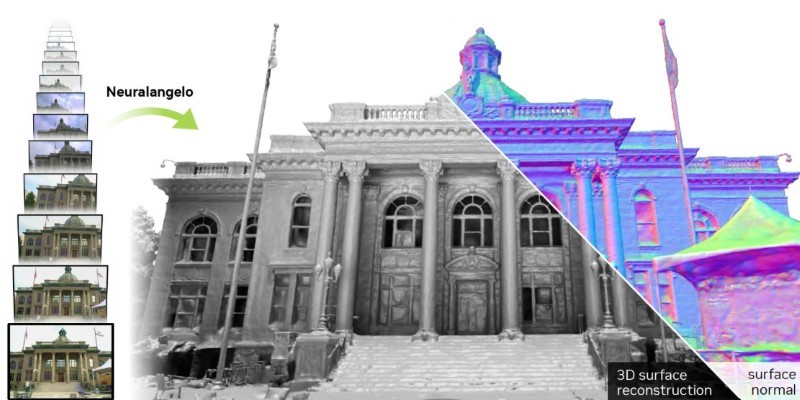
How NVIDIA’s Neuralangelo is redefining 3D video reconstruction by converting ordinary 2D videos into detailed, interactive 3D models using advanced AI

Compare AI, ML, DL, and Generative AI to understand their differences and applications in technology today

Create an impressive Artificial Intelligence Specialist resume with this step-by-step guide. Learn how to showcase your skills, projects, and experience to stand out in the AI field
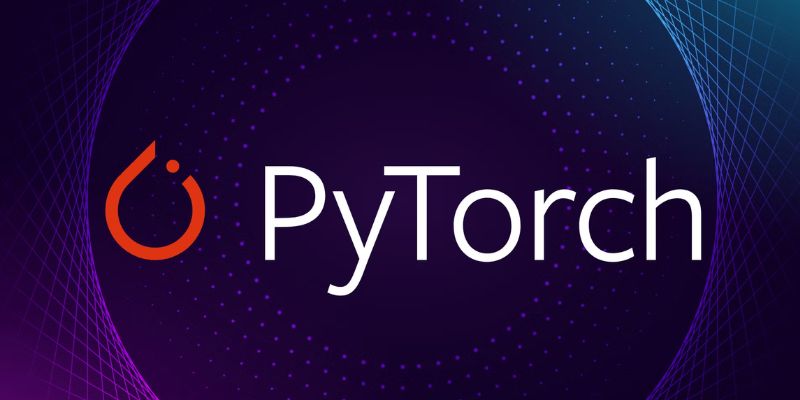
Learn to boost PyTorch with custom kernels, exploring speed gains, risks, and balanced optimization for lasting performance

Discover how AI in weather prediction boosts planning, safety, and decision-making across energy, farming, and disaster response
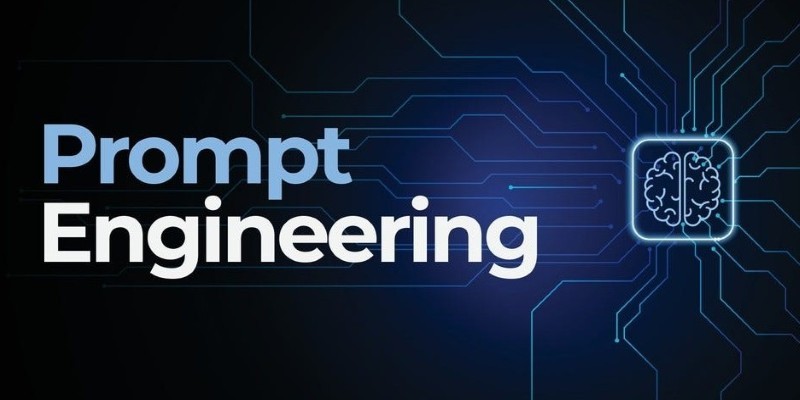
What prompt engineering is, why it matters, and how to write effective AI prompts to get clear, accurate, and useful responses from language models
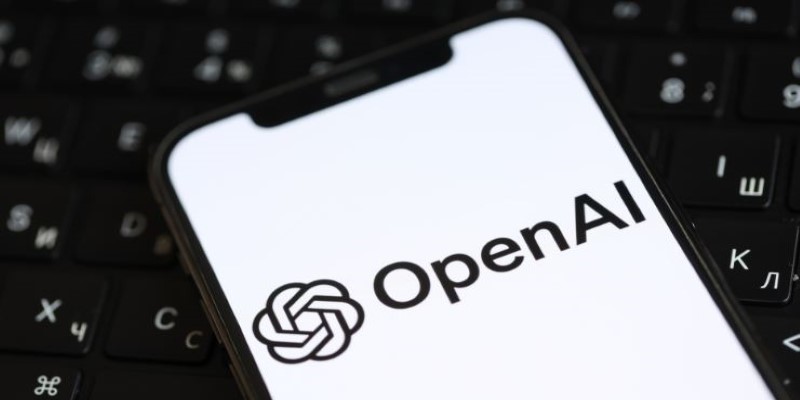
OpenAI robotics is no longer speculation. From new hires to industry partnerships, OpenAI is preparing to bring its AI into the physical world. Here's what that could mean

How AI-powered simulation is revolutionizing engineering practices by enabling faster, smarter design and testing. Explore key insights and real-world applications revealed at AWS Summit London

Learn key strategies for prompt engineering to optimize AI language models and improve response accuracy and relevance